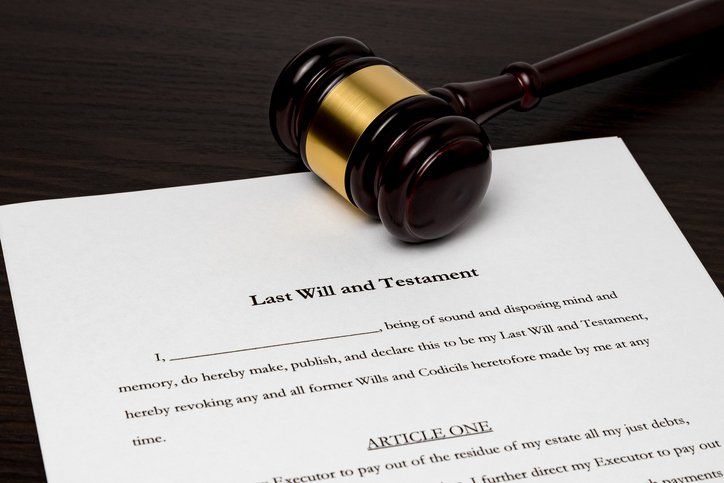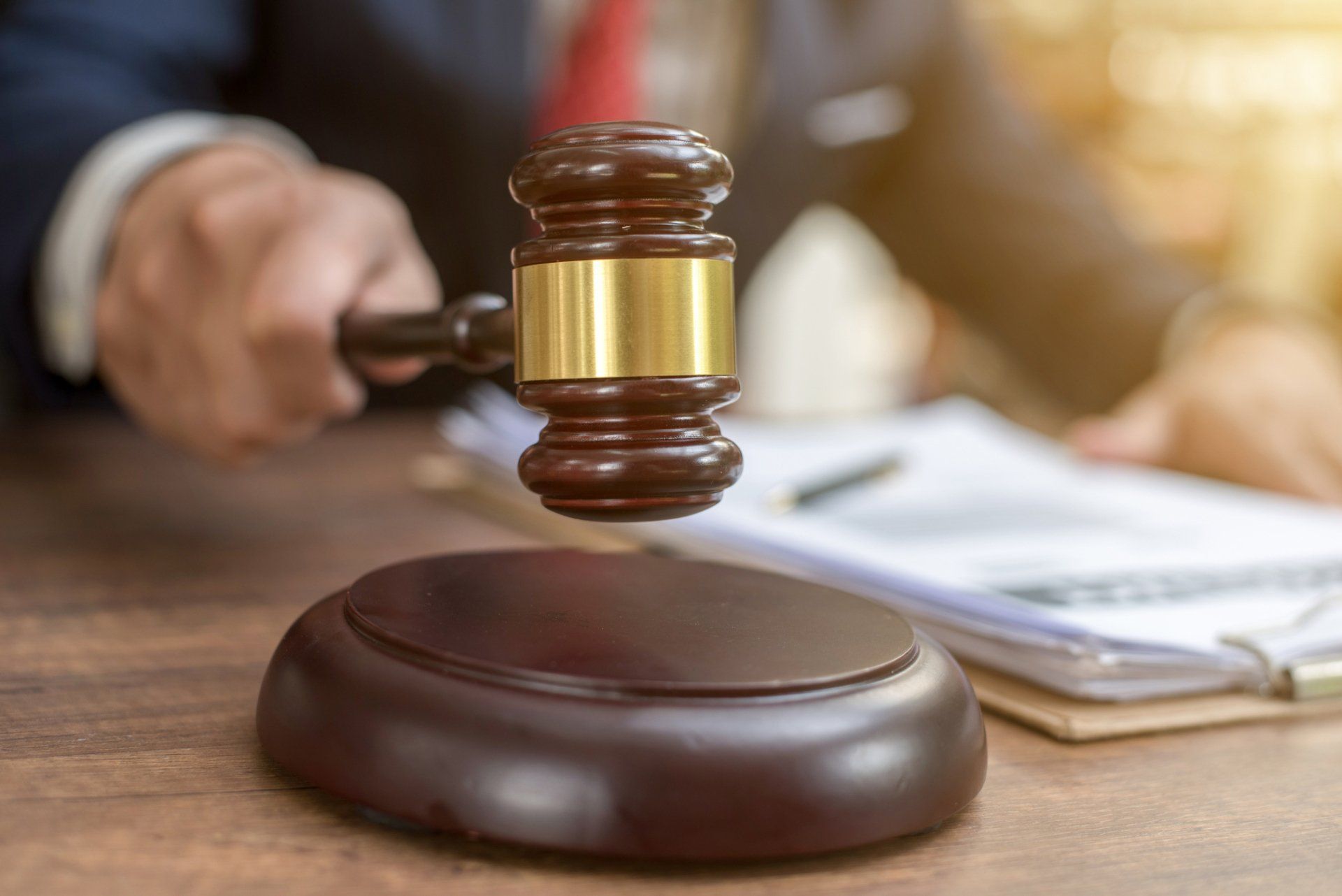ADDRESS: 3900 Newpark Mall Road 3rd Floor Newark, CA, 94560 | EMAIL: daniel@kisnerlaw.com
CALL US FOR A CONSULTATION
(510) 791-5790
Blog Layout
Naming an Estate Executor: An FAQ
Admin • Apr 15, 2021

Estate planning involves many decisions you must make for yourself. But it also inherently means that you won't be around to ensure these decisions are carried out. Therefore, one of the most important choices you will make now is who will execute your instructions.
What is involved in naming an executor and what will their job entail? Who should you pick as your personal executor? Discover some answers to a few important questions.
What Is an Executor?
An executor of an estate is the person named in the will (or sometimes other documents) to carry out the terms of the will on the late owner's behalf. This position is sometimes called a personal representative. It's a fiduciary role, meaning that the person has a legal responsibility to act in the best interests of the estate.
The executor will begin the probate process for the will, protect estate assets, pay the estate's bills, complete necessary tax returns, and distribute assets per the terms of the will. Some of these jobs are pretty straightforward, but others will require additional decision-making.
Who Can Be an Executor?
In most states, few restrictions limit who can serve as an executor. In California, for instance, the role is generally open to anyone over 18 who is of sound mind. However, if the court has reason to believe the named executor is unable to fulfill the role or is likely to mishandle the work, it can hold a hearing and name another person.
What Challenges Do Executors Face?
This is not an appointment you should take lightly. First, the role calls for an investment of time devoted to things like securing documents from the funeral home, local government agencies, banks, or insurance companies. In addition, the executor needs to locate, value, liquidate, and transfer assets. Executing an estate may take anywhere from six months to three years.
Executors also handle many details with which they may not be familiar. From understanding the legal jargon in the will to handling final tax forms and estate taxes, much of the actual work in finalizing an estate is complex. The person may also need to work with various professionals, including lawyers, valuation services, real estate agents, and probate court officials.
Finally, many emotional challenges are possible when executing a loved one's estate. The executor themselves may be grieving. Family and friends are likely also very emotional. Tasks like funeral planning are particularly difficult during these times. And if the will creates any contentions, there may be family disputes or legal cases the executor cannot avoid becoming embroiled in.
What Should You Discuss With an Executor?
Avoid naming anyone as an executor if you haven't discussed the role with them first. Choosing an unsuitable person will make things difficult for them and for your heirs. And choosing someone you don't trust could prevent your wishes from being carried out.
For these reasons, talk confidentially with both your first choice and a backup executor. Explain the role to them and allow them to decide for themselves. Discuss the common tasks they'll be asked to do. And if necessary, talk about any unique elements of your case, such as selling a business. You may need to have more than one meeting so they understand what will be required of them.
Where Can You Start?
Naming an executor is more than just expressing your friendship. It's a potentially years-long role that has both legal and emotional repercussions. To choose the right person for your particular estate, start by meeting with an experienced estate planning attorney in your state.
Kinser Law Firm
has assisted California residents and their executors for more than 40 years. Call for an appointment and begin finding answers to your questions today.
01 Apr, 2023
A will is a document that guarantees that your wishes will come true after you pass away. Here are some mistakes you should avoid when crafting your will.
06 Dec, 2022
If you are diagnosed with Alzheimer's or dementia, the condition may affect your decision-making abilities. See how to estate plan with these conditions.
By Admin
•
02 Jun, 2022
With estate planning, you say who gets what and how to manage your affairs in your absence. Read this blog to learn further benefits of estate planning.
By Admin
•
07 Apr, 2022
Many wills go uncontested, but some issues may arise for certain wills. Read our blog to learn more about how to avoid a will contest.
By Admin
•
18 Oct, 2021
Many small businesses may encounter times when it is difficult to collect outstanding debts. Learn more about how to handle this situation.
By Admin
•
04 Aug, 2021
To help you decide whether to — and how to — deploy trusts in your estate plan, discover some answers to your questions about trusts.
PHONE: (510) 791-5790 | EMAIL: daniel@kisnerlaw.com
ADDRESS: 3900 Newpark Mall Road 3rd FloorNewark, CA, 94560
HOURS OF OPERATION:
- Mon - Fri
- -
- Sat - Sun
- Closed






Content, including images, displayed on this website is protected by copyright laws. Downloading, republication, retransmission or reproduction of content on this website is strictly prohibited. Terms of Use
| Privacy Policy




